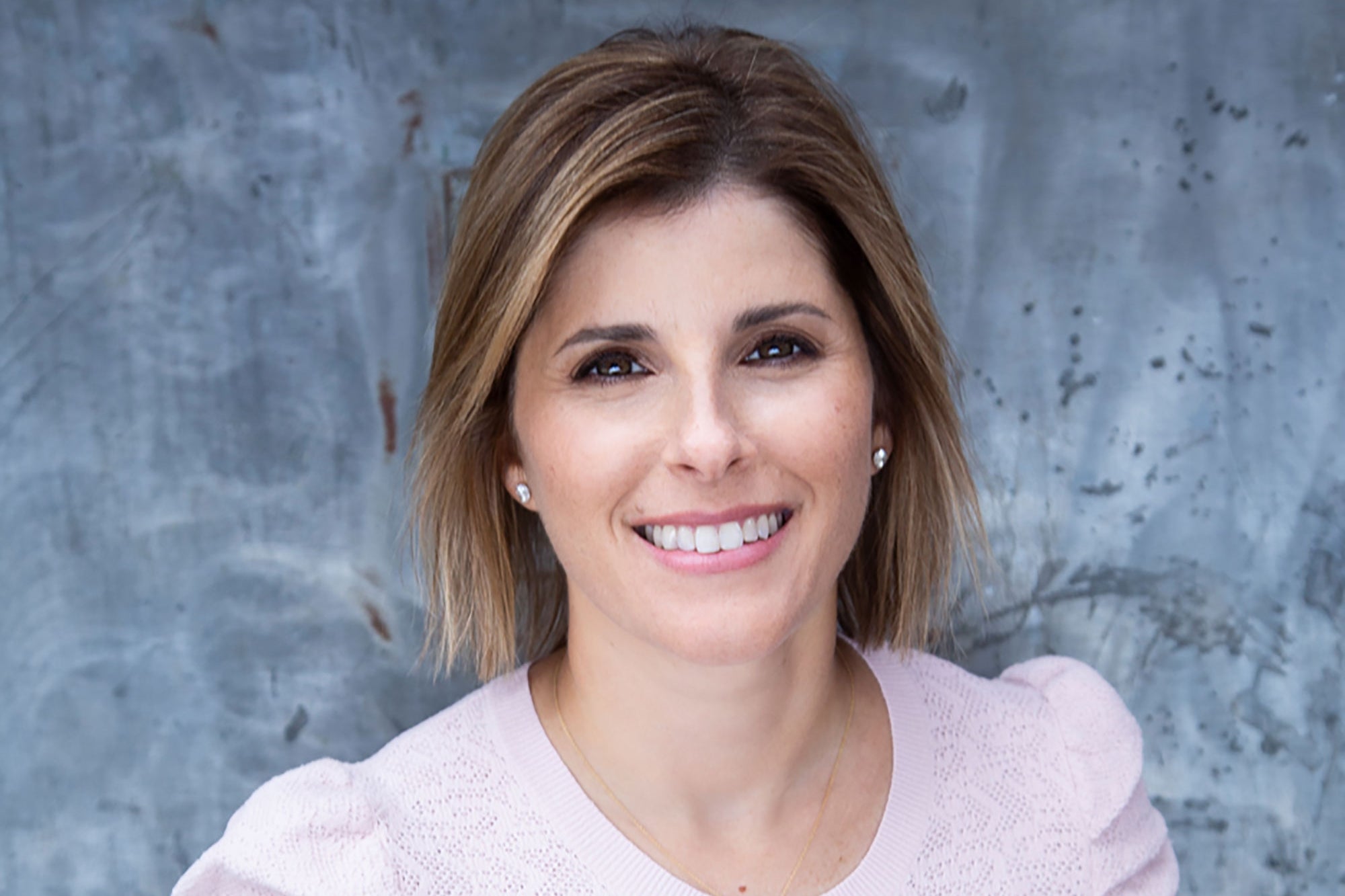The Founder of a Now-Famous Candle Brand Shares Her 3 Top Success Tips As the founder of a now-famed candle brand, this exec has been on a startup rollercoaster since Covid-19's onset and offers some takeaways that will help readers spark similar success.
By Robert Tuchman Edited by Matt Scanlon


Founded in 2021, the candle company Literie was, according to its founder, launched to help preserve life's most memorable moments. Its product line began with scents that evoked iconic New York City sensations, from the Great Lawn of Central Park to Midtown's ubiquitous roasted nut carts and the 28th Street flower markets, and has grown to include scents inspired by the U.S. Open, others in collaboration with iconic New Yorkers like Something Navy's Arielle Charnas… even candles with a tip of the hat to Junior's Cheesecake and unforgettable scenes from Bravo's The Real Housewives franchise.
We asked company founder Erica Werber for a few lessons derived from this journey of the past two years. The words below, her own, amount to a tight and personal recipe for achievement.
1. Tap into a network of former colleagues and associates
As a former publicist myself, I knew how important press would be for a new product launch. Literie had unique and buzz-worthy products, but early success was mostly due to the efforts of our PR team and their expertise in the local New York media world. The press and buzz that was generated locally and nationally — across online and broadcast — in these critical first few months allowed us to develop an audience both from a social and retail perspective, then tailor ad campaigns to fit that demographic of consumers.
2. Have a hand in everything
At the start, I was involved in pretty much all aspects: design, development, scent selection, packing, shipping, deliveries, invoicing, customer service and content creation for social media. I wanted an education in every category to make the business run smoothly and effectively, and as a result, was able to make quick changes and shortcuts along the way to save money and time. This wouldn't have been possible without truly understanding the needs of the brand, and more importantly, our customers.
Related: The Nitty-Gritty: Knowing The Details Of Your Business
3. Grasp that good days will be followed by hard days and vice versa
Eventually what goes up, must come down. Literie would have weeks of phenomenal sales, new business inquiries and amazing press, and then one day it would reverse and trend downward. Slow sales days can consume founders and make them second guess strategies, and failed deals can cause an identity crisis focused on what a brand might lack. To combat this, I would focus on long-term strategy and big-picture goals rather than day-to-day minutiae. Stepping back from a loss or setback allowed me to identify weak points that required a pivot, while also recognizing our growth since inception and the need to focus on that positivity.
Related: Lewis Howes Has Built An Eight-Figure Personal Brand. He Did It By Constantly Reinventing Himself.












